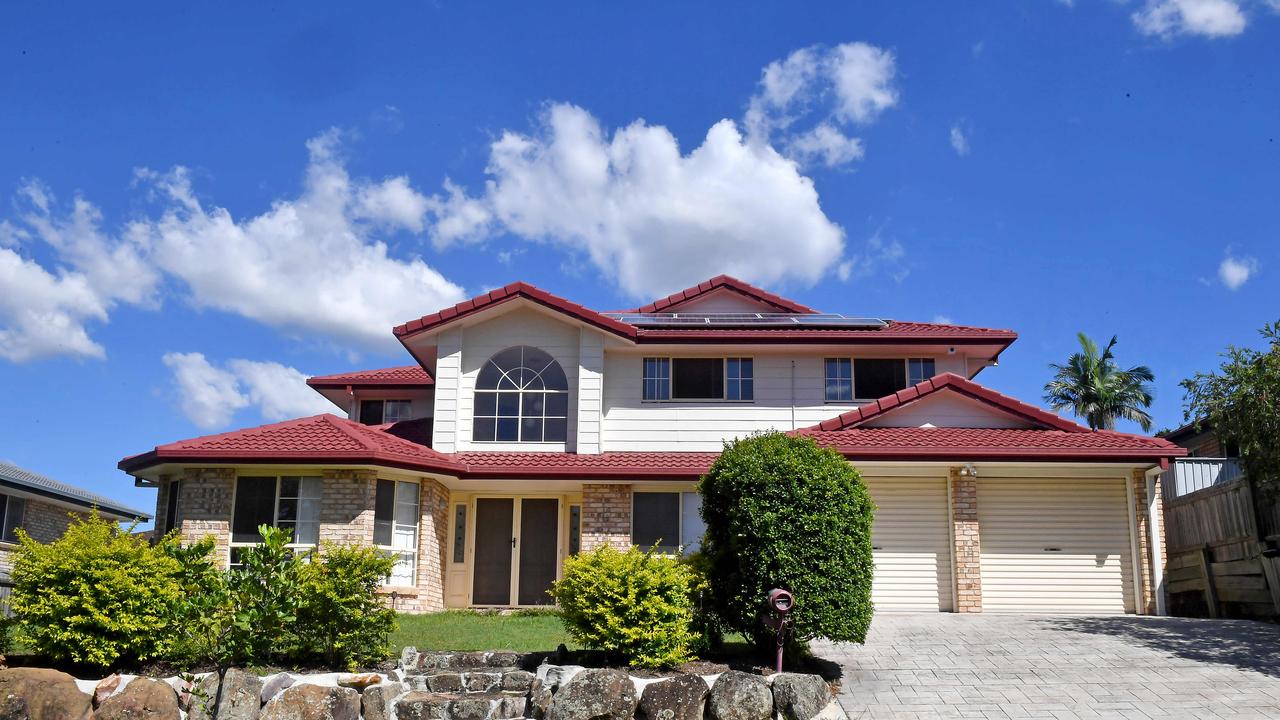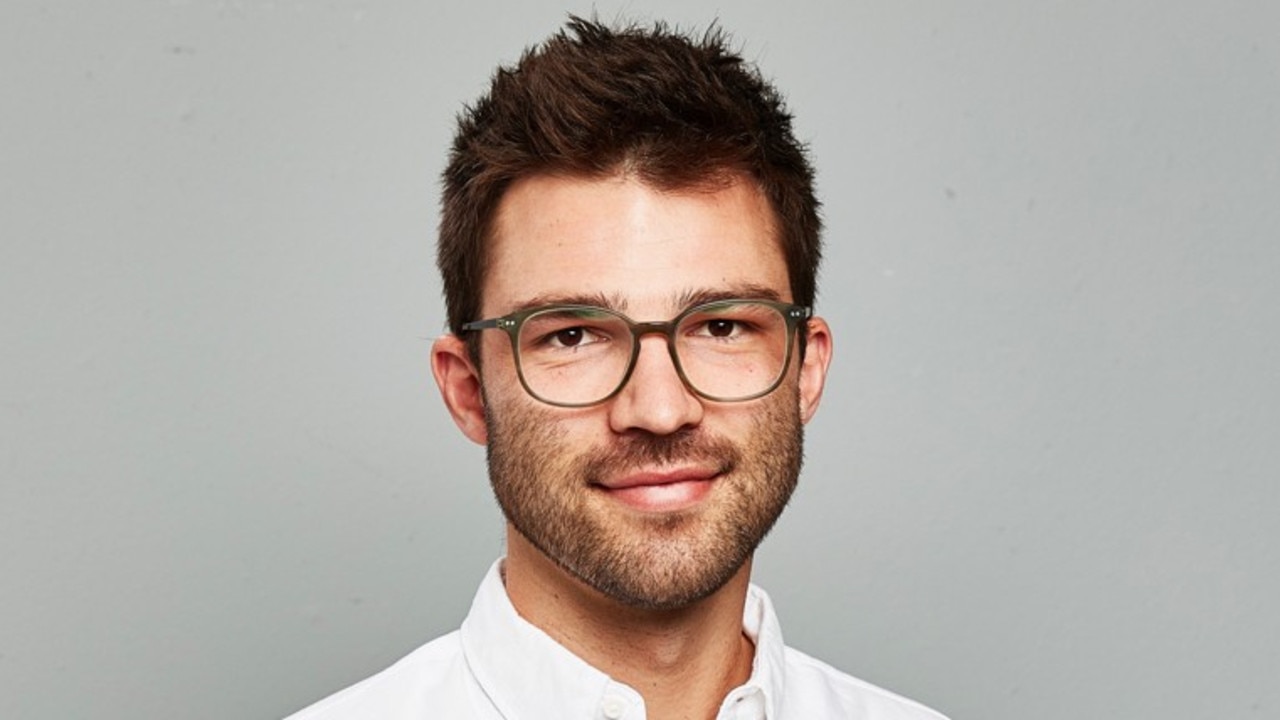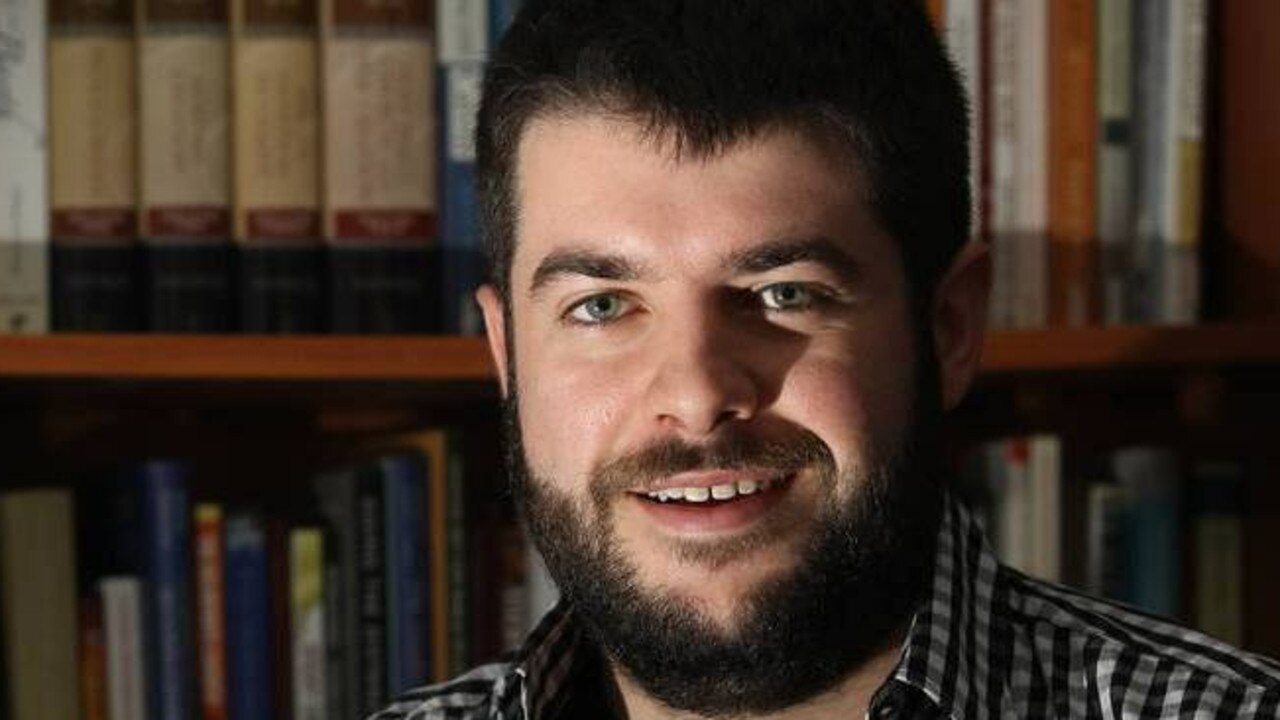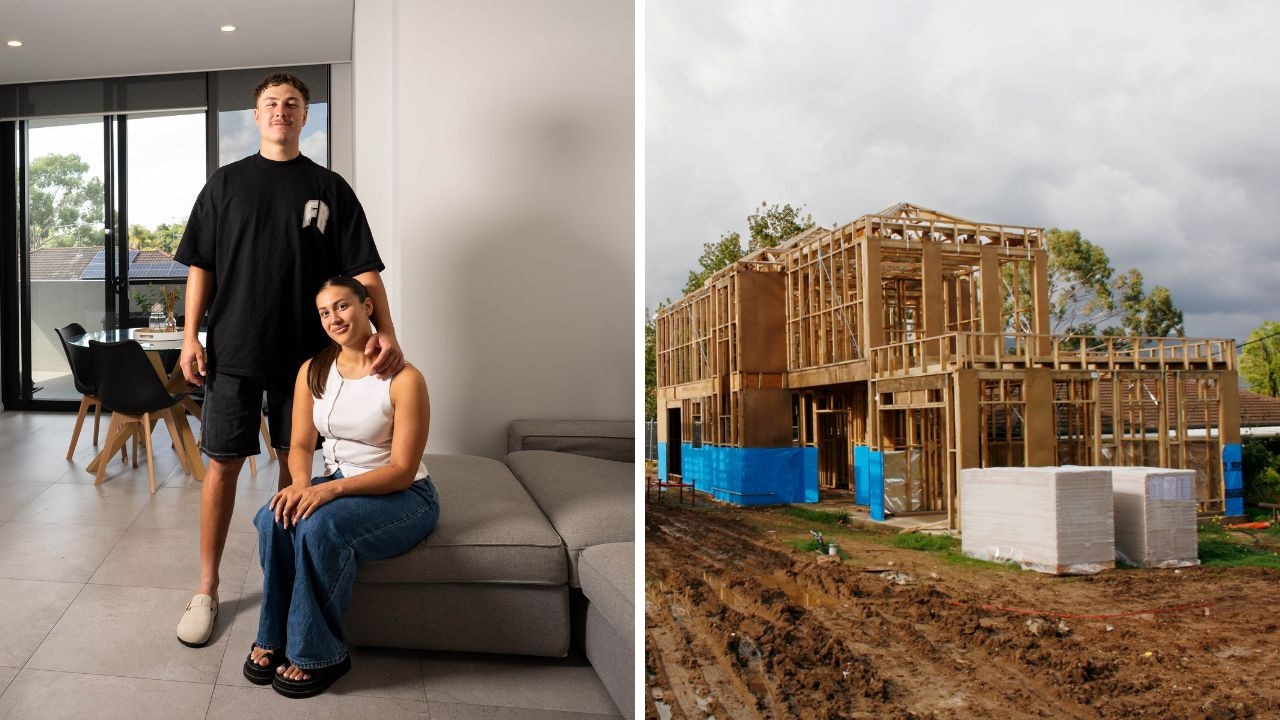Forget the white picket fence – Millennials are going digital for their financial security
Young Australians are increasingly turning away from the property market, and choosing to invest their savings in something else entirely.

Saving for a first home has been a financial rite of passage for millions of Australians, but an increasing number of the younger generation believe the great property dream is dead.
Due to a severely inflated housing market, millennials – Aussies born between 1981 and 1996 – have been turning to the more flexible stock market to sure up their financial futures in unprecedented numbers.
A survey published by the Commonwealth Bank in December found since the start of the pandemic in February 2020, millennials made up more than two-thirds of the 1 million new customer accounts opened on their CommSec trading app.
Of those customers, 43 per cent said they would choose investment instead of spending their money, with 38 per cent of that number opting for the stock market over the traditional path of saving for a property deposit for long term financial security.
It’s a statistic that comes as no surprise to millennial retail investor-turned podcast superstar Bryce Leske.
The 30-year-old is best known as the co-founder of the popular Equity Mates podcast (alongside co-host Alec Renehan), which aims to help ordinary Aussies navigate the world of finance and investment, regardless of their financial background.

Want to buy your first home? Read Compare Money's guide to home loan deposits >
Since launching the podcast in 2017, he’s seen a huge uptick of younger people turning to shares as opposed to brick-and-mortar investments like real estate.
“When we first started the podcast investing felt like something that was out of reach for everyday Australians … it was dominated by this idea that you’d just build wealth through housing,” Mr Leske said.
“If you think about the costs involved with putting together an enormous deposit, shouldering legal costs, stamp duty … the price of housing ends up being well out of reach for so many people.”
Mr Leske revealed that some of the clients coming to him had deposits in excess of $100,000, but were still unable to secure a home loan.
As a result, increasing numbers of would-be homeowners were looking towards the sharemarket to “make their money work”.

For management consultant Ben Spoor, 27, the sting of the additional costs involved with locking in a first home meant investing in shares was a far more appealing option.
“I crunched the numbers and owning shares is easier and better for me than an investment in property,” Mr Spoor said.
“Investment properties are a pain and have lots of costs people forget about. Owning shares (index funds, not direct shares) is set and forget.”

For Brett Hall, 35, the risk of being leveraged into a volatile mortgage repayment plan was a key factor in his decision to focus on the share market for the financial security of his young family.
“(My wife and I) weighed up the question of property but we really didn’t want to flirt with mortgage stress,” he said.
“Shares are liquid – if we want to buy a house we can sell our shares and get a deposit … it’s very hard to go the other way – the entry and exit risks are much higher.
“People sometimes say rent money is dead money, but I would say interest is the same. So what kind of dead money do you want to be paying?”
Mr Hall also saw the decision to invest in shares as an opportunity to kickstart his sons’ financial future.
“We just set up an ‘informal trust’ for our son,” he said, referring to investment accounts that can be invested on behalf of minors.
“You can start buying shares for $500 and you’re in, you’re doing something, as opposed to waiting until you have a couple of hundred grand before you put down a deposit.”

Mr Leske knows that navigating the world of the stock market can be both confusing and overwhelming, with endless acronyms, complex equations, and terms like “two-tier tender offer” and “theoretical ex-rights price” alienating would-be investors.
It’s this jargon wall that the Equity Mates team is looking to break down to empower all Australians to make the most of the opportunities available to them.
“Our whole mission is to make markets accessible and really show people that investing is for everyone,” MrLeske said.
“So many of our community members think investment it’s something you need a degree in, or that you need to be a financial expert to really understand where to put your money, and that’s just not true.
“We’re just trying to inspire people to get started.”




